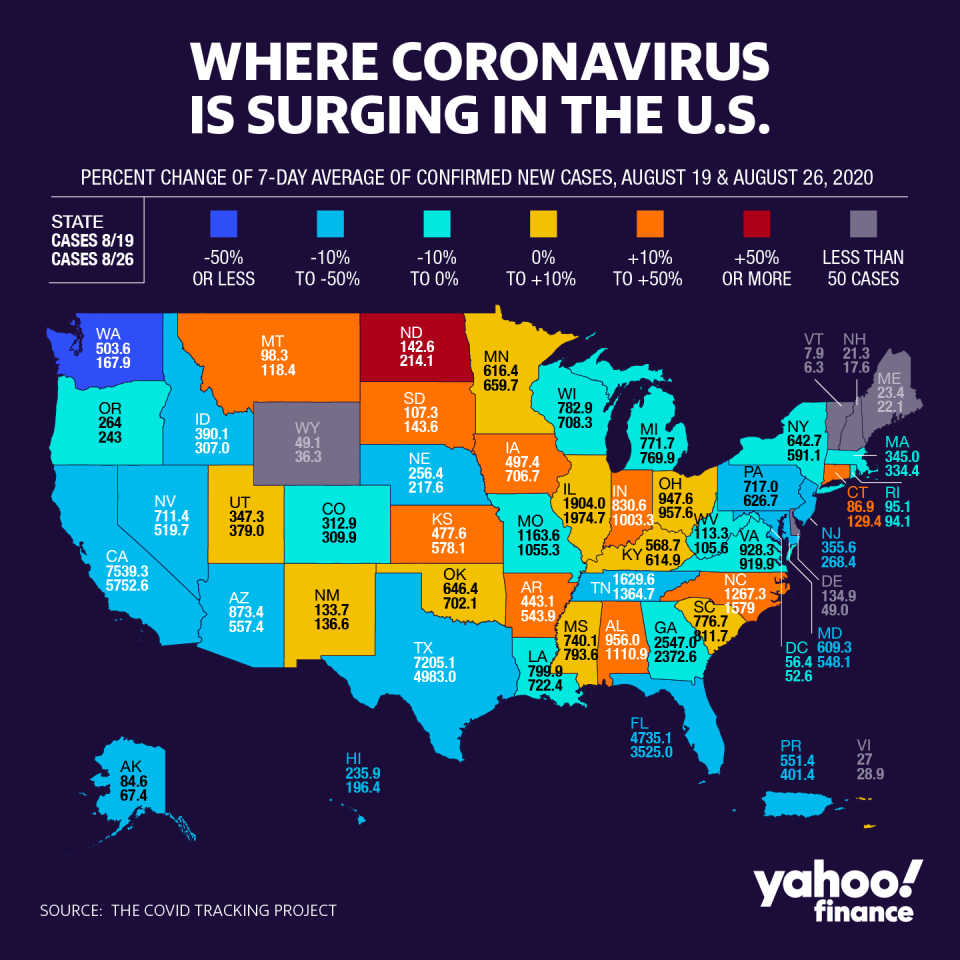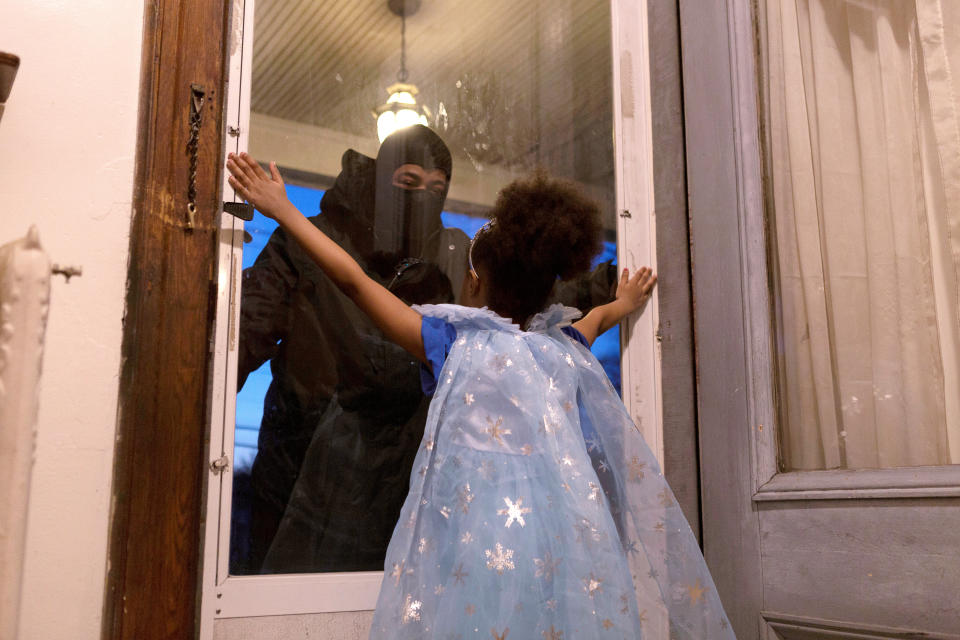Survey: Over 1/3 Black women say financial situation has worsened under Trump
Nearly 40% of Black women report their financial situations have worsened since President Donald Trump took office in January 2017, according to new data.
A recent survey of nearly 2000 Americans taken by financial services company Stash showed that roughly 60% reported that financially, they are doing either the same or worse since Trump entered the Oval Office. Specifically, the study found that roughly a quarter of Americans reported their personal financial situation being worse now than under previous administrations.
To be sure, the coronavirus pandemic was the dominant theme, as 43% of respondents to Stash’s survey pointed to the outbreak as a driver behind their worsened financial situation. They cited rising housing and health care costs, along with lack of wage growth, as key factors.
Stash’s data reflect how the virus has walloped a labor market that, prior to March, had been the best in decades. Just a year ago, Black unemployment tumbled to its lowest ever as the U.S. economy churned out more jobs. Yet in the latest week, another 1 million Americans filed for unemployment benefits with joblessness remaining persistently high.
However, “while the trend holds up across generations, women have been disproportionately negatively impacted [with] 30% of women, and nearly 40% of Black women specifically, report a worsened financial situation,” Stash found — compared to only 18% of men.
Meanwhile, Black respondents across the board echoed this sentiment. According to the report, 35% of Black Americans say they are worse off under the president than before, compared to only 20% of white Americans.
A quarter of Latino respondents reported worsening finances under the current administration.
While nearly 25% say that they are financially worse now under Trump, these numbers only increase for those that are low-income earners. Over 35% of Americans earning less than $35,000 annually reported worsening financial conditions — a number that drops to 26% for earners making between $50,000 and $75,000 a year.
‘Struggling at a higher rate’

Still, not all respondents have fared poorly over the last few years. Just under 39% reported their financial situation as better now than before, with nearly half pointing to improved wage growth as the reason. Men were more likely to feel this way, with 47% citing wage growth as the main reason, compared to 33% of women.
Yet according to Stash, it’s lower income earners being hit the hardest: 52% of those earning less than $35,000 blamed COVID-19.
Studies have found that lower income workers are disproportionately impacted by the pandemic, amid its devastating effect on frontline and essential workers. That demographic consists overwhelmingly of low-wage people of color.
While more than half of white women say coronavirus is the main reason behind their worsened financial situation, only 36% of Black women cite COVID-19 as the main reason, “perhaps signaling that Black women were struggling at a higher rate under the Trump Administration pre-COVID,” the study noted.

The pandemic has changed the way Americans approach controversial policies like student loan forgiveness, universal child care, and universal health care.
Support for student loan forgiveness has increased by 4 percentage points compared to the support pre-pandemic, jumping slightly to nearly 63%. Those earning less than $35,000 are 18 percentage points more likely to support student loan forgiveness than those earning more than $100K — an increase of 7% compared to pre-pandemic sentiment.
Overall, the report found, Americans also have a 5% increase in support for expanded or universal child care coverage now than pre-COVID-19. Yet Americans earning under $35K are now far more likely to support an increase in minimum wage vs. those earning over $100K — an uptick from 8%.
Universal health care also saw a slight increase in support, increasing to over 65% of all respondents, up from roughly 64%.
Looking ahead to the future, more than a third are fearful for their financial conditions now than they had when Trump first became president. Only 30% feel hopeful for the future.
Women are more likely to be afraid of their future financial opportunities, with Black women 10% more likely to feel afraid. Overall, the report found, Black Americans are 10 percentage points more fearful of their financial opportunities than white Americans.
Read more:
Republicans ‘need to do better’ on Black vote: fmr press secretary Sean Spicer
More than 50% of parents expect to lose income when school starts: survey
Social Security backlog led to bankruptcies and increased risk of death, government watchdog finds
Democratic voters are 'enthusiastic' about Biden-Harris ticket: Julian Castro
HBCU’s will ‘persevere’ despite coronavirus, funding problems, says Claflin University President
Read the latest financial and business news from Yahoo Finance
Follow Yahoo Finance on Twitter, Facebook, Instagram, Flipboard, LinkedIn, YouTube, and reddit.
